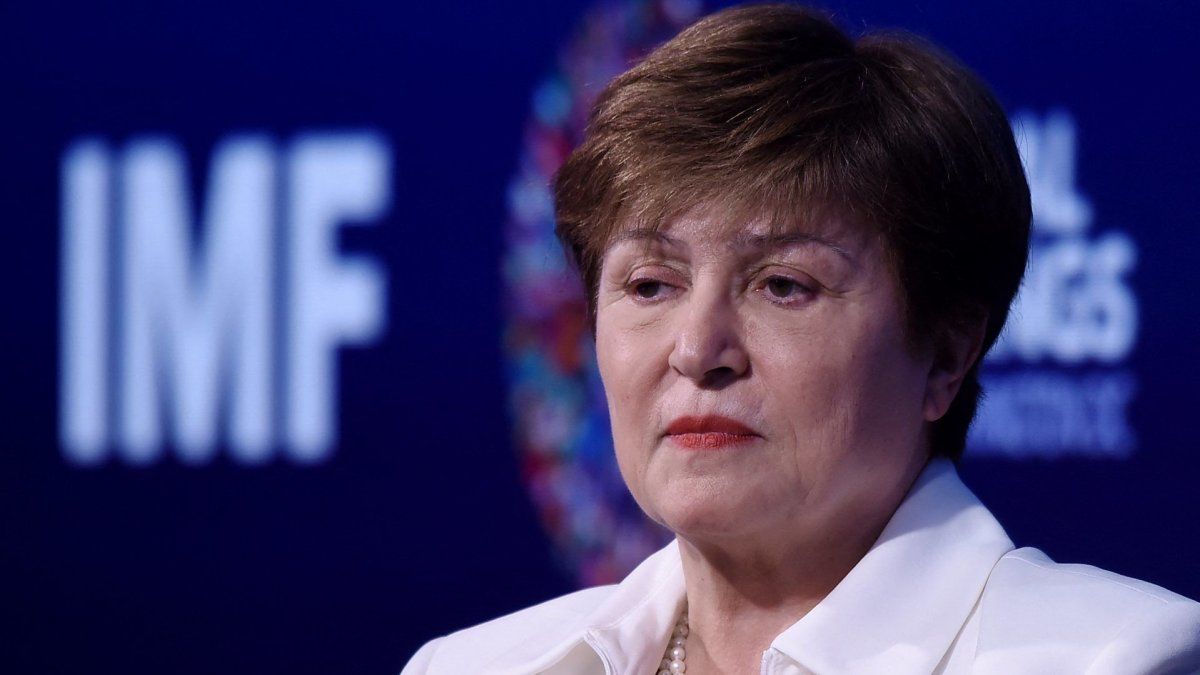“We are experiencing a fundamental change in the global economy, moving from a world of relative predictability (…) to a world with more fragility: greater uncertainty, greater economic volatility, geopolitical confrontations and more frequent and devastating natural disasters“, he said in a speech at Georgetown University.
Georgieva argued that the old order, characterized by low interest rates and low inflation, was giving way to one in which “any country can deviate from the path more easily and more frequently.”
He noted that the world’s largest economies – Europe, China and the United States – are slowing down, curbing demand for exports from emerging and developing countries, hit hard by high food and energy prices.
The IMF will cut its 2023 growth forecast to 2.9%, its fourth downward revision this year, when it releases its World Economic Outlook next week.Georgieva said. The world bank will leave its current 3.2% growth forecast for 2022 unchanged, she said, giving no figure for the new 2023 forecast.
Meanwhile, the agency estimates that countries that make up about a third of the world economy will see at least two consecutive quarters of contraction this year or next, Georgieva said. “And even when growth is positive, it will feel like a recession because of declining real incomes and rising prices.“, he pointed.
The Fund expects global output to shrink by $4 trillion between now and 2026. This figure is roughly equivalent to the size of the German economy and represents a “huge setback,” it added.
While, Georgieva said inflation remained stubbornly high, but central banks must continue to respond decisively even as the economy slows. Fiscal measures taken in response to high energy prices must be targeted and temporary, he added.
Georgieva urged more support for emerging markets and developing countries, noting that high interest rates in advanced economies and a strong dollar had caused capital outflows.
He also called on China and private creditors – which hold the bulk of the world’s debt – to address the risk of a widening debt crisis in emerging markets.
Source: Ambito
David William is a talented author who has made a name for himself in the world of writing. He is a professional author who writes on a wide range of topics, from general interest to opinion news. David is currently working as a writer at 24 hours worlds where he brings his unique perspective and in-depth research to his articles, making them both informative and engaging.




